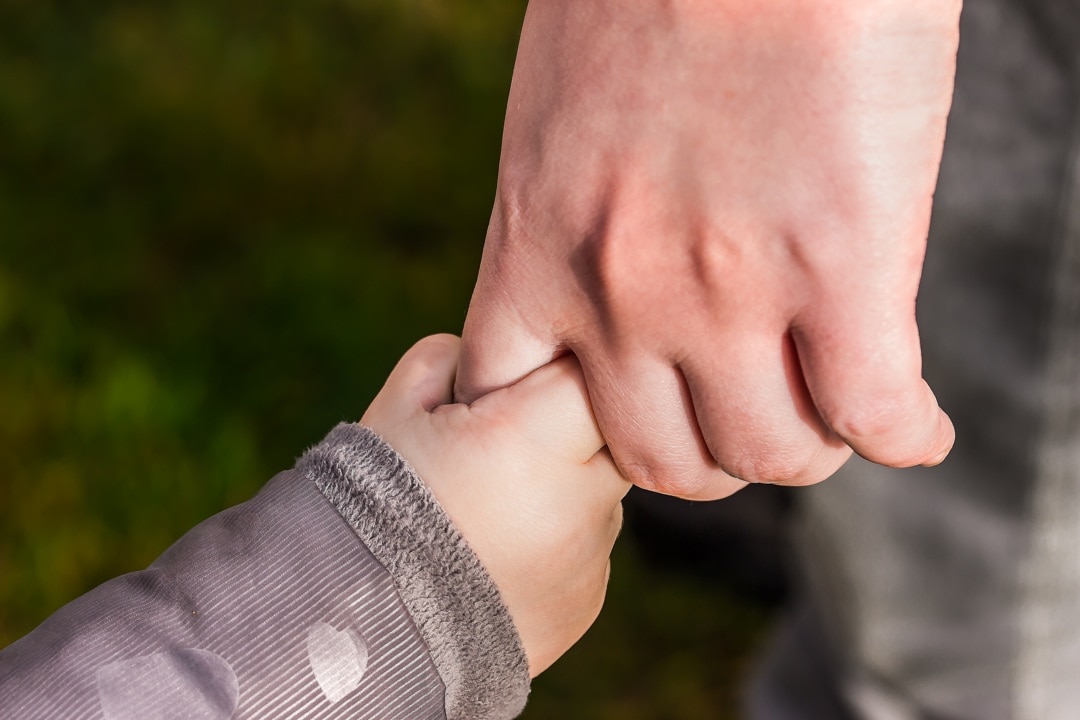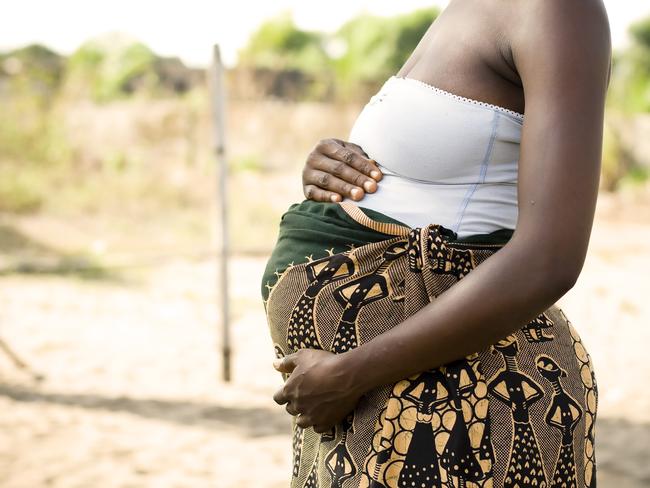Melbourne researchers trial iron supplements for mums, bubs in developing countries
Melbourne researchers are leading a trial for pregnant women and infants to reverse low iron levels and ensure healthier babies and mums in developing countries.

VIC News
Don't miss out on the headlines from VIC News. Followed categories will be added to My News.
Melbourne researchers are leading an ambitious trial for more than 6000 pregnant women and infants, aiming to reverse life-threatening low iron levels and ensure heavier and healthier babies are born, and improve the mental health of new mums.
About 32 million pregnant women globally are anaemic, putting them at high risk of maternal death and premature delivery.
MUMS’ GUTS A GAME CHANGER FOR KIDS
DELAYED CORD CLAMPING AND CUDDLES HELPS ALLEVIATE DEFICIENCY
In developing countries, about half of children under five are iron deficient, putting them at risk of poor brain development and growth.
The $8 million pioneering trials, led by the Walter and Eliza Hall Institute of Medical Research and University of Melbourne, will be conducted in Malawi and Bangladesh.
Funded by the federal government’s National Health and Medical Research Council and The Bill and Melinda Gates Foundation, the three trials will test whether new ways of delivering iron can provide the first evidence of the benefits of mass iron intervention.
Lead researcher WEHI haematologist Sant-Rayn Pasricha said current strategies of using iron tablets across Asia and Africa, which can have side effects and require ongoing contact with health workers, were not working to reverse the serious but preventable condition.

“It’s a controversial question whether anaemia causes irreversible effects on brain development, and if the place to act is in the pregnant woman,” Dr Pasricha said.
“That’s why our trials — testing the use of iron in the mother and infant — interlock to help answer that question.”
The first study of 3300 Bangladeshi eight-month-olds will see them receive either nothing as the placebo, daily iron drops, or a new form of iron delivery — a micronutrient powder sprinkled onto food — for three months.
PREGNANT WOMEN LACKING DIET KNOWLEDGE
They will also be visited nine months later to look for effects on development.
This same trial will be repeated in Malawi, in which six-month-old babies will receive either a placebo or one of the iron supplements, as well as malaria prevention medication. Studies have shown iron interventions can reduce prematurity rates, and boost birth weights by 150g and the mother’s chance of surviving post-partum haemorrhage.
Also in Africa, researchers are testing whether a one-off 15-minute intravenous dose of iron in the second trimester is more effective at increasing birth weights and improving mothers’ health, compared to standard iron supplements, in almost 900 anaemic women.


